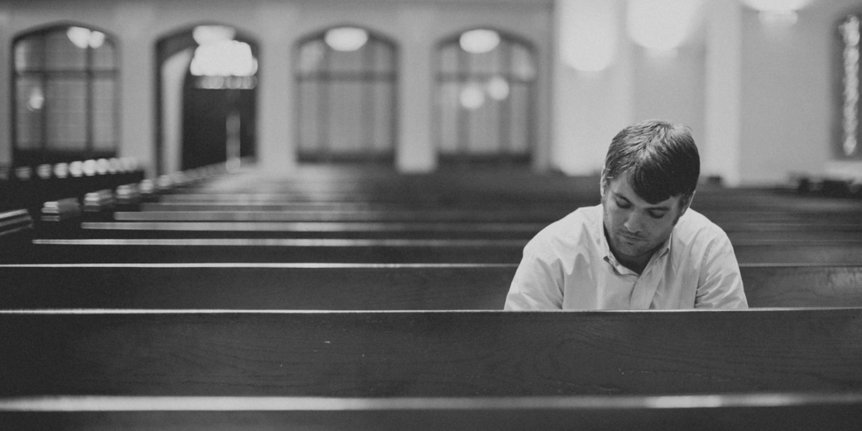Every January at the church where I pastor we hold what is called a “Solemn Assembly.” This is one dedicated week where we come together as a congregation to fast, pray and commit our lives and our year to the Lord. There are no rules given for what a person can fast from. We simply ask that something be chosen between the person and the Lord, and that for one week, a fast occurs.
To fast is to let go of something in the physical realm in order to focus on something in the spiritual realm.
Some members fast from food, a meal, or even from chocolate. Other members give up watching television. While some give up social media. To fast is to let go of something in the physical realm in order to focus on something in the spiritual realm. I’ve heard countless testimonies of how fasting during the solemn assembly week at church has ushered in life transformations, rescued marriages and resurrected hope.
But it struck me recently how beneficial it might be if each of us chose to fast from something intangible as well. That could be fasting from worry. Or letting go of control. Or doing without critical thoughts, or even giving up doubt. Thus, each time whatever it is you chose to fast from sought to spark its light in your mind, you would simply remind yourself, “I’m fasting from worry right now, I can’t engage in that thought.”
Essentially, that’s what discovering how to trust in God’s providential care can do for you. The more you trust, the more you learn to let go of things such as worry, critical thoughts, doubt and a need for control.
People rarely like providence. People like to be in control.
It’s true. Only when providence is ushering us toward a seen result with visible rewards do we embrace providence. Why? Because we, as people, prefer autonomy. Providence precludes itself to God’s rule. When we understand and accept God’s providence, we are laying down our own paths, our own pursuits and our own maneuverings to try and get us where we feel we need to go. We are letting go. We don’t like to let go. But providence lifts our hand. Providence acknowledges that ultimately God is in control. He truly is. Will you rest in this truth?

